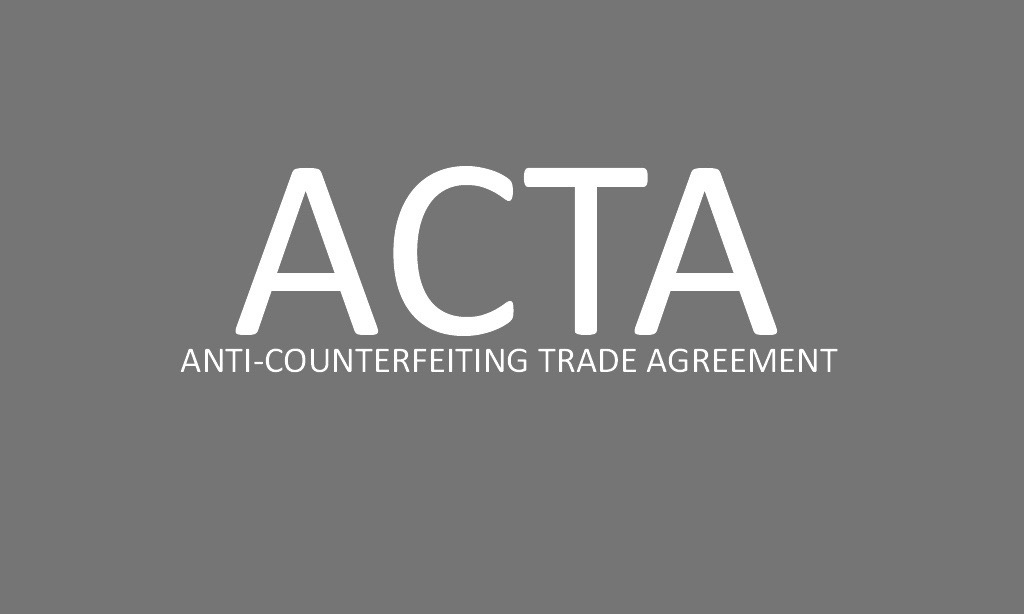ACTA is dead
The European Parliament voted AGAINST ACTA with a large majority. The MEPs did not vote against the authors and promoting creativity.
With 478 votes against and 39 votes for they:
– said NO to the agreement that does not resolve legal problems in the system of promoting creativity and that would bring only one-sided solutions;
– said NO to the agreement that was drafted and negotiated in secrecy;
– said NO to the agreement that would introduce one-sided solutions, even though the freedoms of the citizens would be in danger.
The MEPs also said NO to the European bureaucrats who follow the requests of the industry, while the freedoms of the citizens are in danger. As European citizen, I believe that they voted for the democracy and for even more democracy in the processes of adopting decisions at EU levels.
ACTA is dead in the EU. This, however, does not mean it is necessarily dead in other countries as it can still be ratified by 6 other signatories.
We need to start seeking solutions for a better system of promoting creativity as soon as possible. This system needs to stimulate and upgrade creativity and not limit it. The supporters of ACTA will seek new ways and new possibilities to legalize in some other way the solutions of ACTA. This is why we need to keep working on. The debate and the political possibilities of the stakeholders in this game are not in balance, but I an optimist and I believe that the European Parliament clearly showed in today’s connected world where the politicians are under a better surveillance of the public legislation acts cannot be adopted in the way ACTA was.
I was against ACTA because of the following reasons (briefly):
– ACTA’s starting point that the legal system of intellectual property law (as a system to promote creativity and innovation) is good, is wrong;
– ACTA was negotiated in secrecy (such subject matter should not be negotiated in the first place, but should be publicly discussed and rules should be adopted in democratic legislative processes in parliaments) – this applies also to other areas, no rules should be adopted on such a non-democratic way;
– ACTA contains a lot of unclear and undefined legal concepts that so not help legal certainty but to the contrary, therefore ACTA is a serious threat for the freedoms of individuals.
dr. Maja Bogataj Jančič, Intellectual Property Institute
The 4th Open Knowledge Day took place on Tuesday 17 October 2023, with an accompanying workshop on 18 October 2023. This year it was organised by the Open Data and Intellectual Property Institute (ODIPI) and supported by Knowledge Rights 21 (KR21).
We invite you to the fourth Open Knowledge Day and the workshop, which will take place this year within the framework of the programme and with the support of Knowledge Rights 21. The event will bring together experts from different European countries to discuss two topics: the first part will deal with the legal basis for data analytics, which is a key part of machine learning and related artificial intelligence, and the general exception for research. In the second part, open science in theory and practice will be presented both in Slovenia and in some Western Balkan countries. Representatives of research and educational institutions from Slovenia and the Western Balkan countries, as well as interested members of the public, are invited to attend.
Dr. Maja Bogataj Jančič, a renowned expert in copyright law, has joined the Berkman Klein Center for Internet & Society at Harvard University, where she will serve as an affiliate researcher for the next two years.
On Friday, October 6, 2023, the online seminar “Practical Experiences in Resolving Copyrights of Modern Book Works” took place. The seminar addressed relevant questions concerning user access to literary works in digital form.





